 The first novel I ever wrote was a mystery. More precisely, it was a mish-mash police procedural-cozy-suspense/thriller with a romance subplot. I used my experience watching Law and Order as my guide and sole source of investigative and procedural techniques. For the rest, I used my imagination–and one trip to the Internet to research interrogation techniques.
The first novel I ever wrote was a mystery. More precisely, it was a mish-mash police procedural-cozy-suspense/thriller with a romance subplot. I used my experience watching Law and Order as my guide and sole source of investigative and procedural techniques. For the rest, I used my imagination–and one trip to the Internet to research interrogation techniques.
As you can probably bet, Shattered Crystal never saw the light of day. Any experienced mystery reader would toss the book the first time I got a DNA report in less than fifteen minutes like they do on TV.
I did a little better with my second novel, Petting Wet Cats, a cozy mystery, a genre in which I needed no prior experience as a cop or investigator, although it would’ve helped. Even though I’m more qualified to write a cozy mystery than I am a police procedural, this novel also died a slow, merciless death, primarily because I was still in the learning stages of novel-writing.
The point is, there are certain genres I’m just not qualified to write. Fantasy or Science Fiction, for instance. People who write these have imaginations fueled by living between the covers of these books, in front of any big screen featuring their passion in film. They know how to imagine the worlds they want to create. They know the creature types that are already established in the genre, and how to introduce something new. Readers of this genre know what to expect, and they expect to be transported to another world, another reality. My mind doesn’t work that way.
I’m not qualified to write children’s books, YA, or New Adult. I’ve never had children of my own, never had the privilege of spending time with them. I don’t know what entertains preschoolers, youngsters, or young adults–barely have any vivid memories of my own during those years, which wouldn’t matter, because what appealed to me at thirteen won’t appeal to any thirteen-year-olds today. I don’t know the vocabulary or mannerisms that would help create a genuine YA world. My memories of my life as a “new” adult wouldn’t appeal to today’s new adults. Believe me, I’ve already been informed that I’m clueless of what people ages 20-30 are like today, what they face in society, the demands and pressures on them. I couldn’t effectively write to them.
I don’t have the personality to write dystopian, noir, post-apocalyptic. Although my life isn’t all sunshine and daisies, it isn’t bad enough to help me express despair throughout four hundred pages. Humor is too big a part of my life to write in these genres. I’m not even sure the characters in these books are allowed to chuckle at a morbid quip.
What I’m more qualified for are cozies, romance, and women’s fiction–anything I can write that I can bring in my life’s experience and my own interests. I can write to women closer to my own age and to romance and cozy mystery lovers of any age.
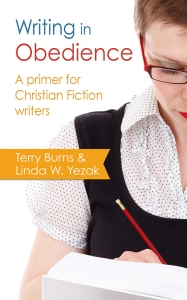 As a Christian, I choose to write Christian romance and WF (and cozy, eventually), but even in my chosen genre I have to be careful of who my audience is. As Terry and I discuss in Writing in Obedience, Christian fiction authors have different audiences–believers, nonbelievers, “backsliders,” and seekers, and one we didn’t think to mention, new Christians from harsh backgrounds. Each audience should be addressed differently, as we discussed in the book, and should be addressed by someone who knows where they’re coming from.
As a Christian, I choose to write Christian romance and WF (and cozy, eventually), but even in my chosen genre I have to be careful of who my audience is. As Terry and I discuss in Writing in Obedience, Christian fiction authors have different audiences–believers, nonbelievers, “backsliders,” and seekers, and one we didn’t think to mention, new Christians from harsh backgrounds. Each audience should be addressed differently, as we discussed in the book, and should be addressed by someone who knows where they’re coming from.
Long time ago, agent Chip MacGregor said that Christians who are insulated from the secular life–who are deeply involved in the church and church activities, who watch only Christian programs and listen only to Christian music–have no business trying to write to a secular audience. We have to establish ourselves as someone they can relate to, and if we can’t do that, why should they bother with us?
It dawned on me then that he’s right, which is a reason I had to give up on one of my manuscripts, Corporate Ladder. Thanks to a host of events in my life, I’ve become more insulated. The world people have to navigate today is much different from the one I remember.
That’s probably not a good thing, though the world has moved so far beyond me that I’m not sure I’ll ever understand it again or that I really want to. So, of the audiences Christian fiction writers aim their works toward, I’ve been knocked out of three–nonbelievers, seekers, tough-background Christians–because I simply can’t relate. My realities during my secular years are tame compared to what’s going on today. And if I can’t relate to these people, they can’t relate to me.
So, what about you? Whether you write Christian or mainstream fiction, you’re addressing an audience–one that is already experienced in the genre you want to write and that has a mindset you need to understand. Are you qualified? Have you considered how you can fine-tune your work to maximize your appeal?
Giving a thought to who your audience is can guide you in your work. Word choices, settings, the emotions you depict–so many aspects of writing that make up a novel can be enhanced when you know who your audience is and how to appeal to them. Craft your work to appeal to your specific audience. It’ll pay off in the long run.

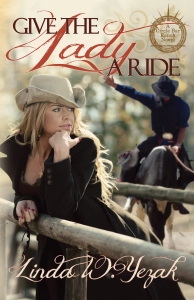
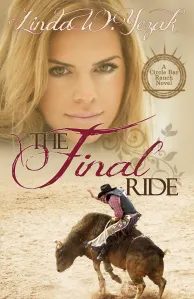



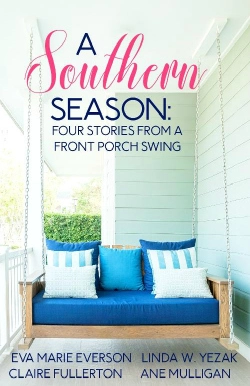
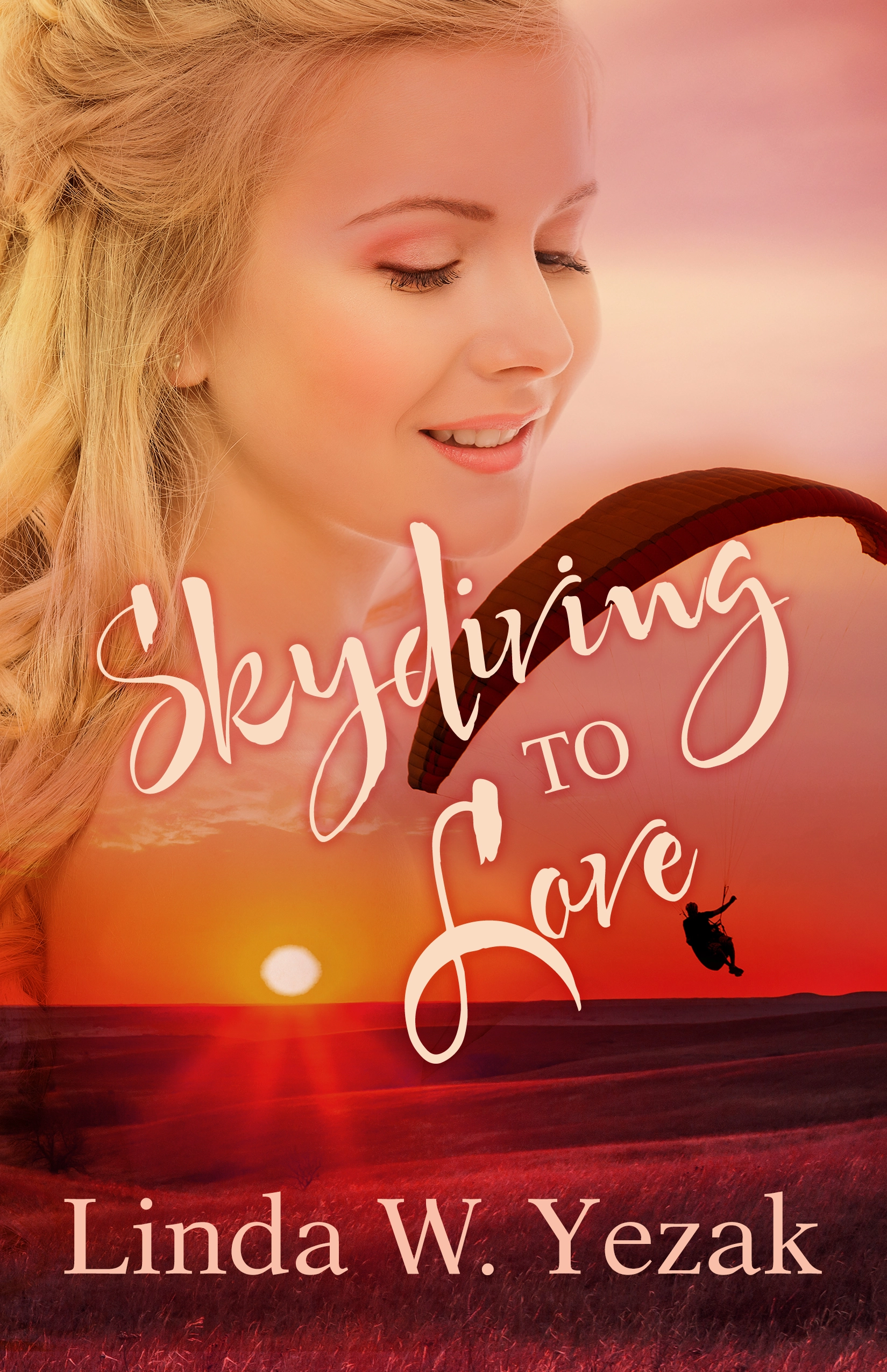
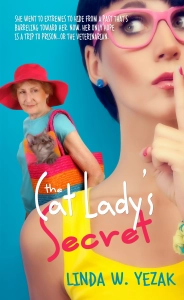






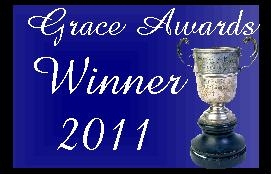


I hope my audience will be people who love history and story … maybe even in that order. 😉
LikeLike
You hope? You’re aiming at them! 😀
LikeLike
I’m writing my first novel, fantasy aimed at NA. I’ve had a rough life, so I’m hoping that I’m doing it correctly and that I am able to reach “believers, nonbelievers, “backsliders,” and seekers,” and the Christian from a tough background. However, I think the book might be over the top for insulated Christians.
LikeLike
You’ve given yourself a broad audience. While most Christian fiction can appeal to all Christians, sometimes–especially if you feel you have a mission–it’s even better when you can hone in on a particular audience, because the way to reach them is different for each audience.
LikeLike
Interesting. I never thought about it that way. I imagined that the broader the audience, the more people the book would reach. See? It’s a good thing there are some pretty amazing mentors out there! 😉
I think I may need to re-think the audience then, and on the second draft, make sure the writing appeals to them.
LikeLike
If you haven’t yet, get the book. I think the first part of it will help you focus. Didn’t I give you one?
LikeLike
Lol – yes. You did. 🙂
LikeLiked by 1 person
I remember both those books! They’ve stuck with me vividly–what I read of them on CW anyway.
LikeLike
You have a good memory! Do you realize how long ago that was?!
LikeLike
It is tough to hone in on the right audience. However Stephen King said it well, “pick a reader, the one you really want to tell the story to, and write for her. It helps me to visualize my target reader and her reactions. However, I am shocked at how many men have read my book, with favorable results. Not sure what to make of that. They were not my original target audience. You are so right about watching what to include or leave out concerning your here and audience.
LikeLiked by 1 person
Doesn’t bother me at all that men read your book–or mine for that matter. What we write can be appealing to a wide range of people, but I still believe we need to have an audience in mind. King’s advice is great.
LikeLiked by 1 person
Yikes. I just looked at my comment. Sure can tell when I am on the tablet and not my laptop. That last sentence makes no sense at all. Nothing like what I thought I typed. Dang auto correct, and so small a screen I can’t see what I wrote. ***Blushing***
Yep, king’s advice keeps us focused, and if a larger audience enjoys it, fine, but we must keep our Reader in mind. 🙂
LikeLike
I wasn’t going to mention that funky little sentence . . . 😉
LikeLike
Thanks! I think what I meant was reader and audience. Sigh.😕
LikeLike